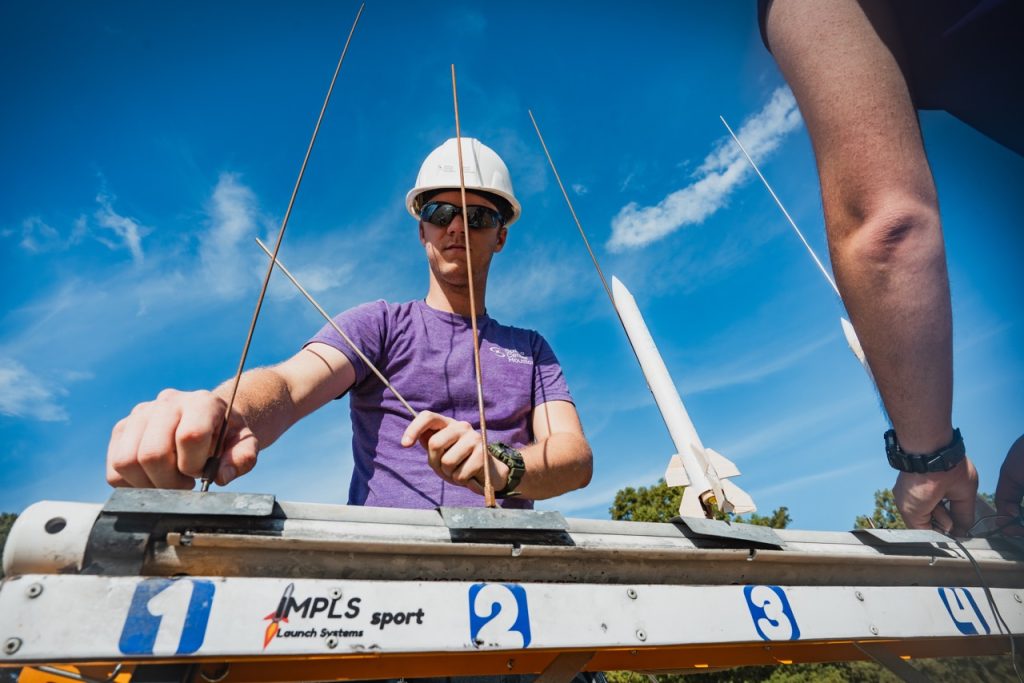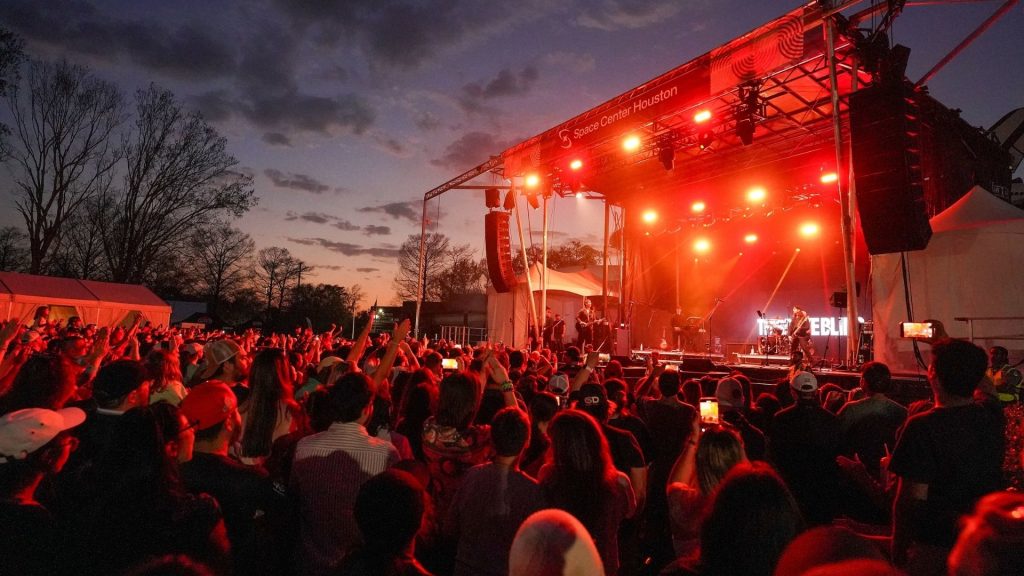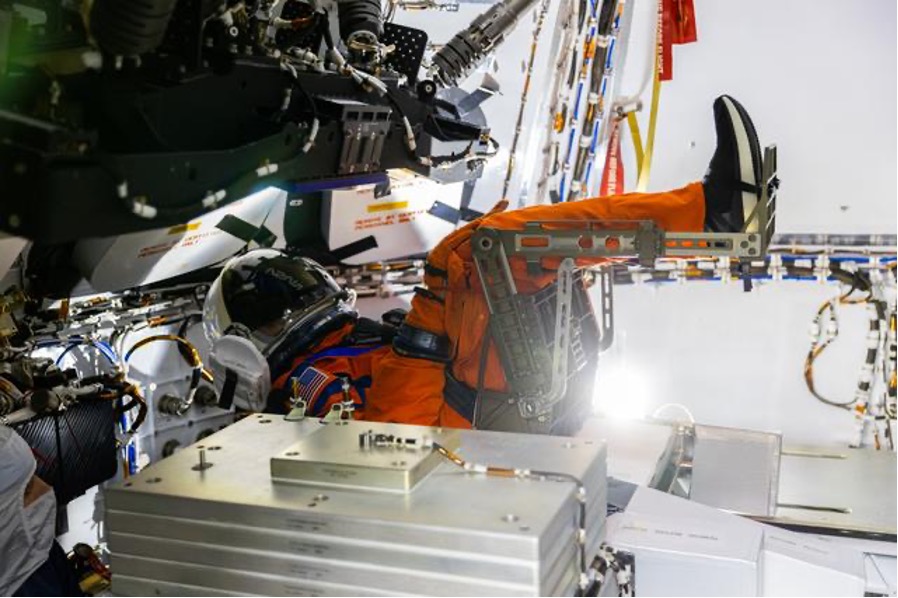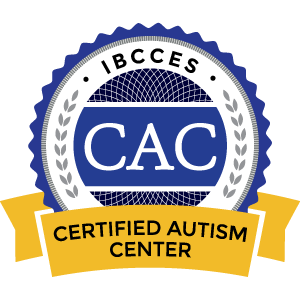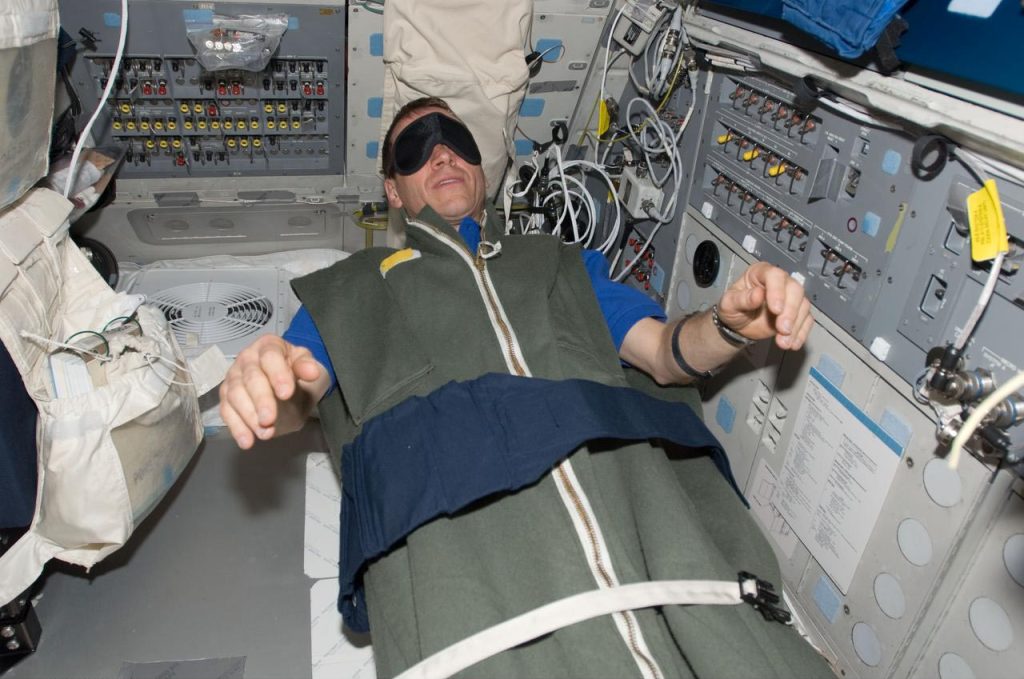
Have you noticed that it’s harder to fall asleep when the lights are on or if you’ve recently been staring at your phone or computer screen?
You’re not alone. After multiple astronauts reported insomnia due to constant exposure to light during International Space Station (ISS) missions, NASA began studying how light effects sleep cycles.
Let’s explore the science behind astronaut insomnia and how NASA’s learnings could help you sleep.
Your internal clock
Circadian rhythms are daily patterns of behavior produced naturally by our body that follow a roughly 24-hour cycle. Light is the main signal influencing circadian rhythms, turning on and off genes that control our internal clock.
Sleep is in large part managed by our body’s internal clock. Our internal clock regulates the production of melatonin, a hormone that promotes sleep. Since it is located just above the optic nerves, which relay information from the eyes to the brain, our internal clock receives light or darkness in our environment.
When there is less light – like at night – our internal clock tells our brain to make more melatonin, which makes us drowsy. The circadian system signals us to be awake and alert during the biological day and to sleep at biological night. If the body is required to perform activities at the wrong biological time, it may not work at its best.
A day on station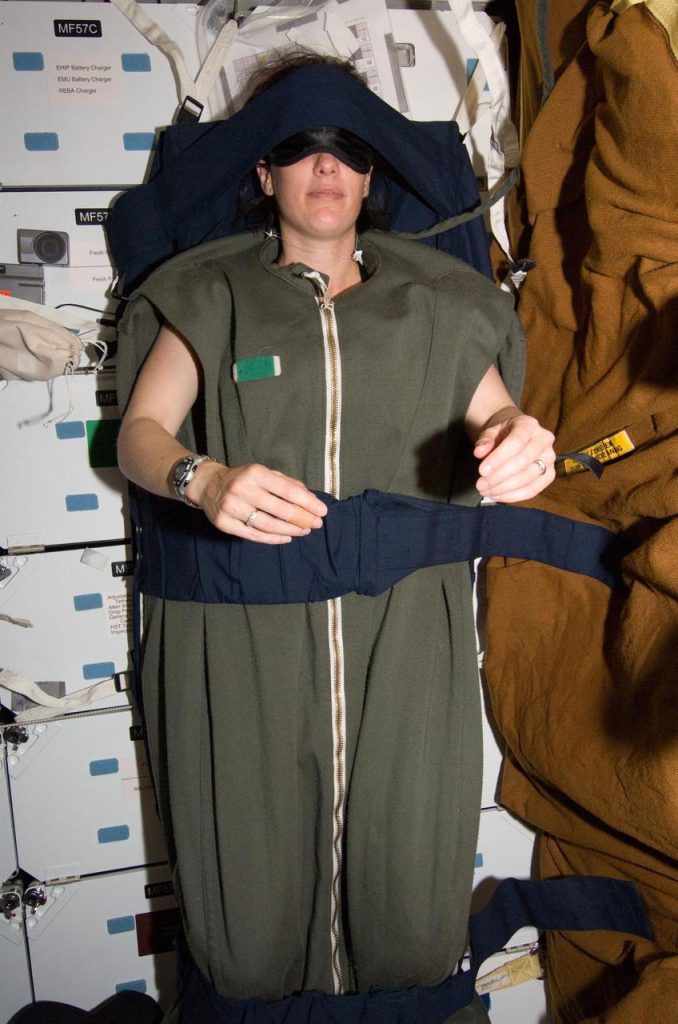
During a mission on the ISS, the environmental day does not match the biological day.
The ISS orbits Earth every 90 minutes. So, instead of receiving 12 hours of light followed by 12 hours of dark, astronauts experience 45 minutes of light followed by 45 minutes of dark. That’s 16 sunrises and sunsets each day!
The quick changes of light coming in through the station’s windows disrupt the astronauts natural day cycle.
Lights on station
In order to improve astronauts’ sleep quality, the ISS lighting is adjusted.
To simulate a 24 hours day-night cycle, astronauts have 15.5 hours of simulated daylight when the lights in the station are at full brightness. The lights are dimmed for 8.5 hours of sleep time (the lights are not turned off completely, in case of emergency.)
From station to Earth
Even though you may not be working in a laboratory floating above the Earth, sleep is still crucial to ensure normal physical and mental health. From the ISS findings, we have learned that limited exposure to light, especially blue light, before bedtime and during sleep can help you get a better night’s sleep.

